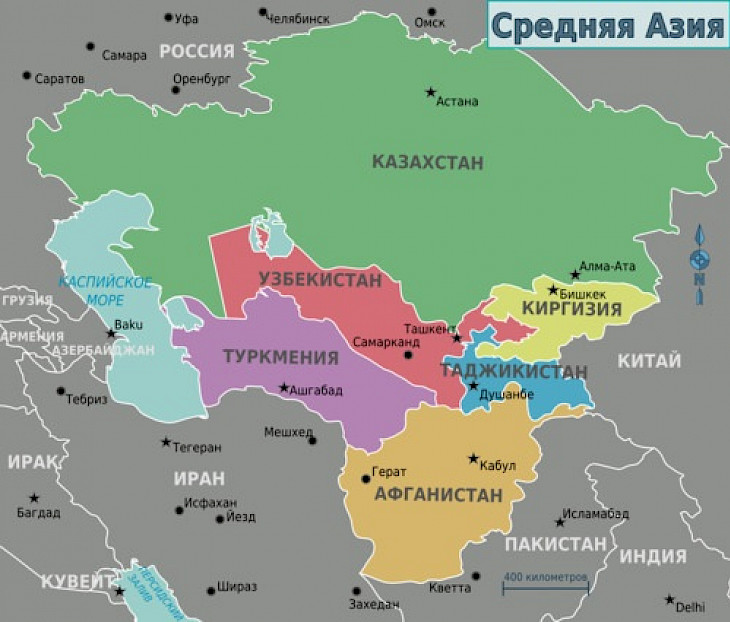Central Asian countries are successfully turning their lack of direct sea access into strategic advantages, said Dr. Guzel Maitdinova, Doctor of Historical Sciences, as reported by Dunyo.uz.
The professor at the Russian-Tajik University highlighted the significance of the 3rd UN Conference on Landlocked Developing Countries (LLDC-3), held in Turkmenistan.
“This forum could become a turning point for Central Asia. It is important to note the geopolitical efforts of three states — Uzbekistan, Tajikistan, and Turkmenistan — in striving to transform a geographic limitation into a strategic advantage,” the expert emphasized.
According to her, the Avaza Programme of Action for 2024–2034, adopted at the conference, lays a solid foundation for integrating the region into the global economy.
Maitdinova paid special attention to Uzbekistan’s transport initiatives, as the country actively positions itself as a key Eurasian transit hub. Projects include the Trans-Afghan Railway Corridor and the development of the Middle Transport Corridor. Tajikistan, in turn, is strengthening its role as a link between the North and the South, taking part in projects leading to ports in Pakistan and Iran.
The expert stressed that coordinated actions by Central Asian countries are shaping a unified transport framework for the region — one capable of offering an alternative to traditional routes.
“The 3rd UN LLDC Conference could serve as a catalyst for a new transport and geopolitical reality in which Central Asia is no longer seen as a ‘landlocked’ region,” Maitdinova concluded.
CentralasianLIGHT.org
August 11, 2025

